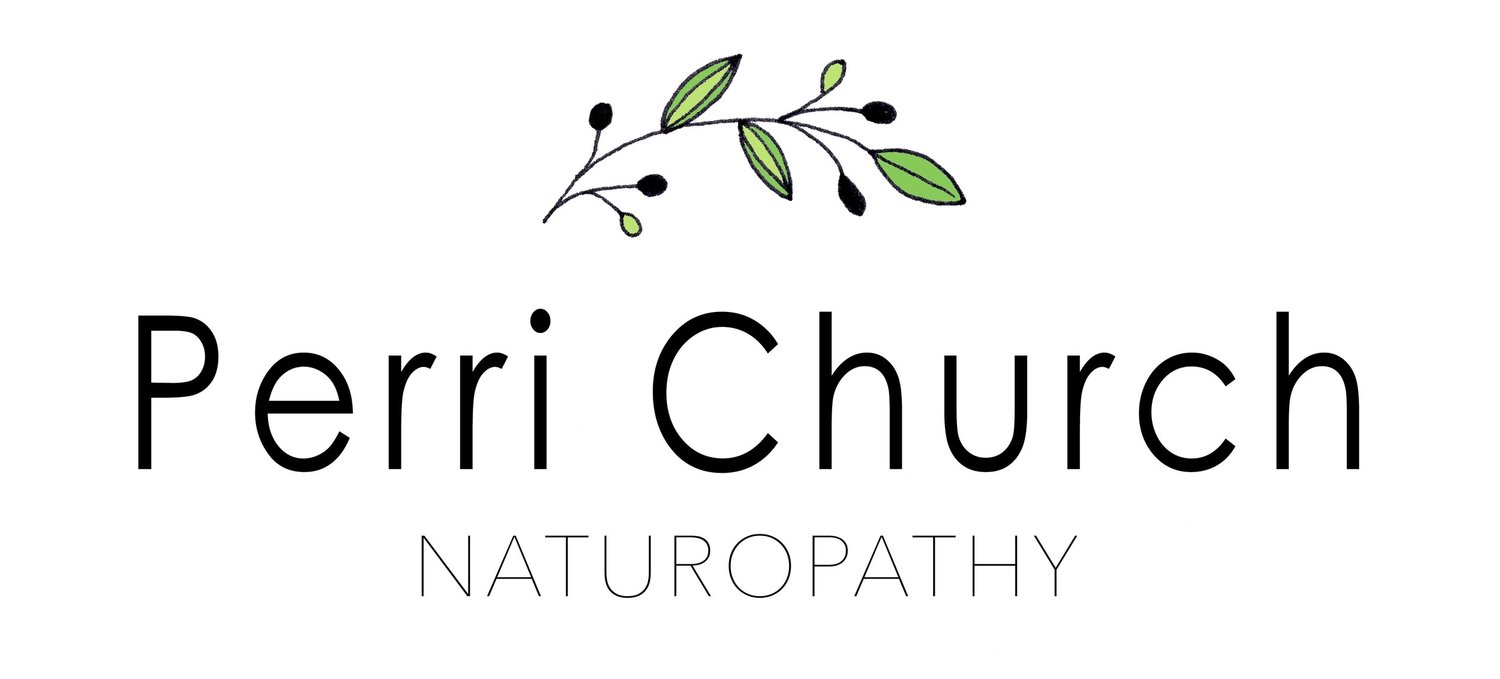What is Acid Reflux?
Have you ever experienced heart burn? Well, if you have you will recognise the uncomfortable burning sensation in your chest and in your throat. Heart burn is a sign that you may be experiencing a symptom of acid reflux. Acid reflux is an uncomfortable, sometimes painful condition that affects the digestive system. This is when acid creeps its way out of the stomach and back up the oesophagus. The oesophagus is the connecting tube between our throat and our stomach. A ring of muscle, the lower oesophageal sphincter, opens and closes as food moves through to the stomach. When the opening fails to seal properly, stomach acid can bubble back upwards towards the oesophagus. This muscle is much more sensitive than the stomach and cannot handle the corrosive effects of stomach acid. Hence the uncomfortable, burning sensation. If this occurs more than a few times per week it may be a sign of a more chronic form of acid reflux known as GERD (Gastro-Oesophageal Reflux Disease).
What Causes Acid Reflux?
Every case is different but some common reasons for acid reflux include: eating dinner too late in the evening, over-eating, pregnancy and most commonly, living an unhealthy lifestyle. Some unhealthy contributing factors include: being overweight, eating a heavy meal before bedtime, snacking close to bedtime, smoking, drinking too much alcohol, eating acidic foods or simply relying too heavily on over the counter medication.
What are the Signs and Symptoms?
Signs and symptoms include: heartburn, bloating, burping, dysphagia, dark bowel movements, nausea, a sore throat, an unpleasant taste of stomach acid, hiccups or a dry cough / throat. If this sounds like you, perhaps it could be time to take a closer look at your health.
Preventative Care.
Preventative care is the best way to combat symptoms of acid reflux. Don’t wait until it’s too late. Start by addressing your diet today. Are you happy with your balance of fruit, vegetables, lean proteins, pulses, good fats / oils, nuts and seeds? Or is your diet too high is refined sugar, salts, trans-fatty acids, empty carbohydrates and processed food?
Why not try replacing some of the acidic foods in your diet with some alkalising ones? Some of these may include:
Green Vegetables: to help to reduce stomach acid. Some great choices include beans, broccoli, asparagus and cucumbers.
Coconut Oil: to kill bad bacteria in the stomach which can aid the production of stomach acid. Coconut oil may also repair the damage done to the oesophagus as a result of acid exposure.
Turmeric: is rich in anti-inflammatory and antioxidant compounds, the active ingredient in turmeric known as curcumin is used to assist with a range of gastrointestinal symptoms.
Ginger: is a natural anti-inflammatory. Gingers helps to ease symptoms of nausea and heartburn. Try ginger root tea acutely after a meal to assist with acid reflux.
Yoghurt: has a soothing effect that keeps stomach discomfort at bay. It contains probiotics, a type of good bacteria found in the digestive tract.
Kefir: balances gut flora, helps eliminate bacteria and alleviates heartburn and discomfort.
Apple Cider Vinegar: balances stomach pH by neutralising stomach acid.
Bone Broth: to assist with restoring the lining of the oesophagus.
Honey: a little sweet treat that can replace all kinds of sugar. Honey’s high density properties can stick to the oesophagus and coat the mucous membrane in the digestive tract to soothe and heal damaged tissue.
All the nutrients above will encourage good gut healing and will stimulate the right balance of stomach acid. Be careful not to self-prescribe acid blockers as a simple fix. Remember we need the right balance of acid to perform digestive processes.
Treatment.
Besides improved dietary choices, try and treat acid reflux with a new approach to meal times. Eat smaller meals at night and try to eat them earlier in the evening. Dinner should be done and dusted by 8pm at the latest. Try not to drink alcohol with your meals. ‘Water only’ is preferable.
If your diet has been adjusted and your meal times have been corrected and you still suffer from acid reflux ask your GP to run some blood tests to rule out conditions such as Hiatus Hernia, H. Pylori or the presence of a stomach ulcer. While waiting for your results see a Pharmacist or Naturopath for some bitter, digestive herbs or try some Iberagast Drops from your local Chemist Outlet. These will not block acid but instead will stimulate alkalising digestive juices.
Stress can play an important role in digestive function too. Try relaxation techniques, gentle exercise, meditation, good sleep hygiene and always maximise hydration.
Try incorporating some of these simple practices into your daily routine and make acid reflux a thing of the past. Remember, acid reflux is your bodies way of telling you that something is out of alignment. Adjust your lifestyle and get to the root cause of the problem. Improve your digestive function and enjoy a ‘reflux free’ existence.

